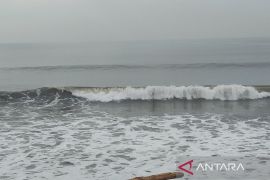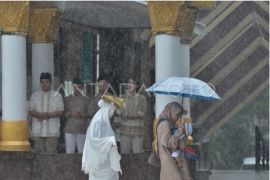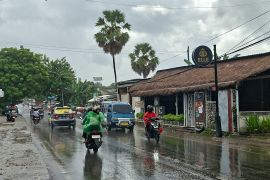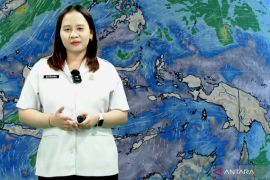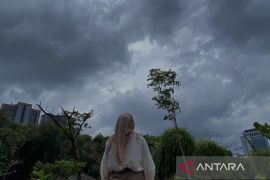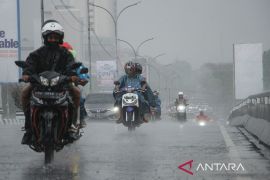Nusa Dua, Bali (Antara Bali) - The Association of Southeast Asian Nations (ASEAN) is currently designing cultural and exchange of information cooperation to strengthen relations between member states ahead of the implementation of the ASEAN Economic Community (AEC) 2015.
"This is our opportunity to tighten ASEAN relationship through socio-cultural pillar," Acting Director General of Information and Public Communication, Ministry of Communications and Information Technology, Djoko Agung said here on Tuesday.
According to him, the socio-cultural pillar can strengthen the cooperation among ASEAN countries between two other pillars namely the political and security, as well as the economic pillar.
He explained that the political and security pillars raised many issues that often bring high tense, while the economic pillar contains more competition among the countries.
"The political and economic pillars could emerge lot of differences of opinion and rivalry. While the socio-cultural and information aspects contain sense that we are one, one region and one common interest, in addition to having a similar culture," Agung said.
Indonesian delegation member Freddy Tulung said the ten ASEAN members proposed a number of cultural cooperation and information exchange programs which are being deliberated by the delegates.
Malaysia proposed ASEAN Coloring program that strengthens cultural diversity through television, news or movies financed by ASEAN.
Meanwhile, Laos proposed cross-cultural translation activity in each of the ASEAN member countries.
Indonesia proposed that in addition to utilizing conventional media such as television and radio, social media can be used as culture and information exchange program which is effective to reach all levels of society.
"One program that we are proposing is not only limiting through the conventional media but also social media," said Tulung.
Director General of Culture, Ministry of Education and Culture, Kacung Marijan said socio-cultural and information cooperation is an educational tool to disseminate information about MEA concerning that it is still common for the community.
"The government and private sector are relatively more aware and already know about MEA but the general public has not widely known yet. This cooperation is to understand a concept of one community. It is very important," he said. (WDY)



